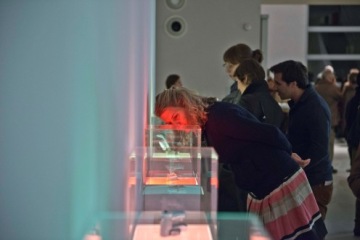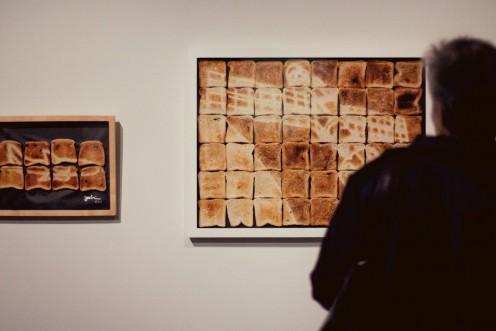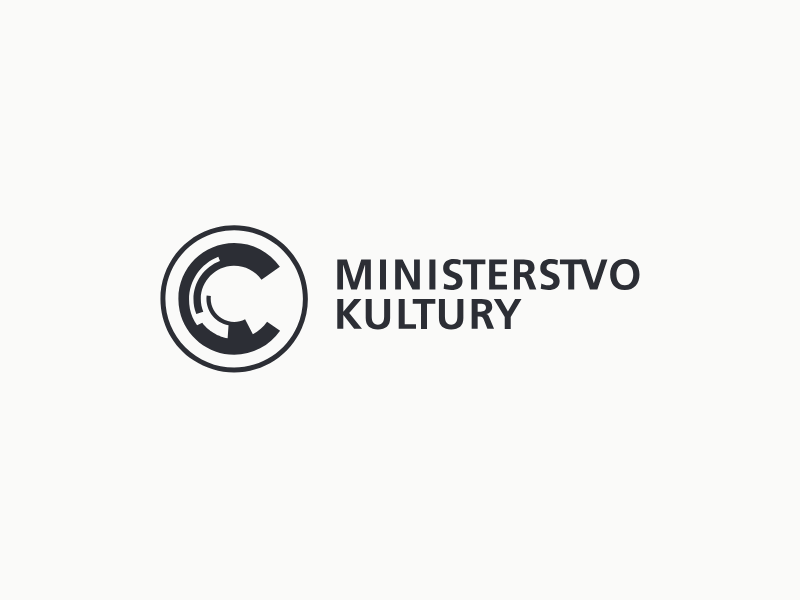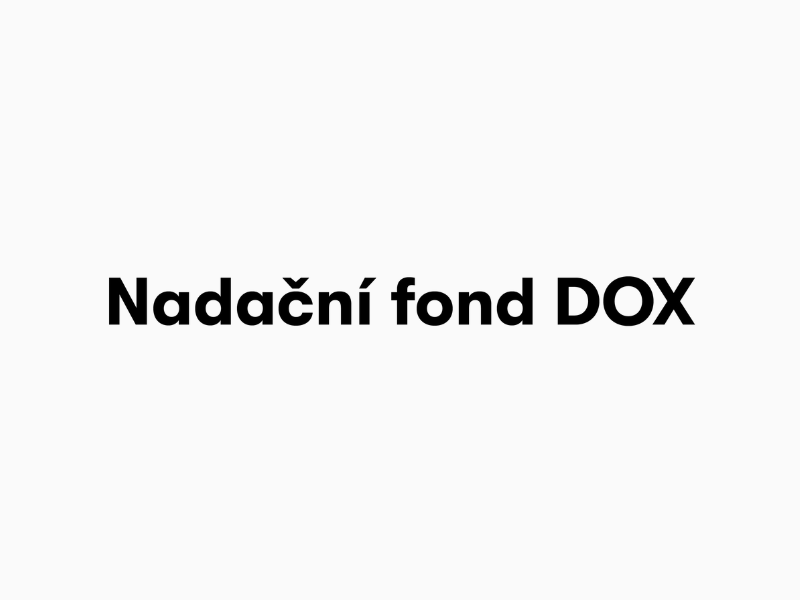Jan Jakub Kotík - Forces of Resistance
11 Oct 2012 – 14 Jan 2013

The
work of Jan J. Kotík – an artist of American origin with Czech
roots –
has been viewed primarily within the context of political
engagement. After completing his studies at the studio of Hans Haacke
at Cooper Union,
New York and a short period in NYC, Kotík has
relocated to Prague where
he acquired his recognition as an artist.
An influence
of
the American environment where he grew up and completed his studies
remained
a strong influence in his work. The need to scrutinize and
further question rooted socio-political structures nevertheless
remained present in his work. The compartment to which he has been
confined, due to the thematic focus of his work by the markedly
apolitical environment of the Czech fine arts of the time, in many
respects reduced the understanding of his practice exclusively to
issues with which the Czech environment had great difficulty
identifying at the turn of the millennium. Themes, such as the
structure of the globalised society, the functioning of the world of
huge corporations and their effect on the private space of the
individual, still seemed far remote from the local context, which was
in the process of the continuing post-communist transformation. Kotík
thus gained recognition primarily through his conceptual approach to
the object, which even despite his conspicuous social-political
overlap, was quite remote from the rather superficial nature
of the
so called “engaged art” of the 1990s.
The exhibition in the DOX Centre for Contemporary Art does not approach the work of this prematurely deceased author through the above politically contingent scope of themes symptomatic for Kotík's practice. Instead it represents an analytical view of the tools and construction elements which the author used for articulating and communicating political narrative in general. The exhibition will focus predominantly on works connected to the everyday domestic object, a symptomatic and reoccurring element in Kotík's work.
The aesthetic
standpoints of the utilitarian object derived
from the domestic environment, the modification of its formal
qualities, a moment of an absurd shift or its frequently humorous
reinterpretations, are for Kotík means of gaining a distance from
reality, of verbalizing his attitudes and above all of continually
questioning and disrupting the smooth functioning of dominant and
omnipresent power. The aesthetic “quality” of Kotík's works is
not a abyss of aesthetic contemplation which would reduce the actual
content,
but on the contrary it is a means, a subversive power and
fundamental construction element for communicating an important and
universally shared politicum.
Although
framed in a conceptual framework, the upcoming exhibition of Jan
J.
Kotík at the DOX Centre for Contemporary Art is a unique cross-section
through the work of the artist. Besides a number well known works, a
series of domestic object created during his studies at Cooper Union
will be displayed for the very first time. The exhibition will also
include a work by Hans Haacke, one of the most influential
conceptual artist and founder of institutional critique whose
influence on Kotíks practice, his approach to the subject, and areas
of interest would be a mistake and pity to omit.












